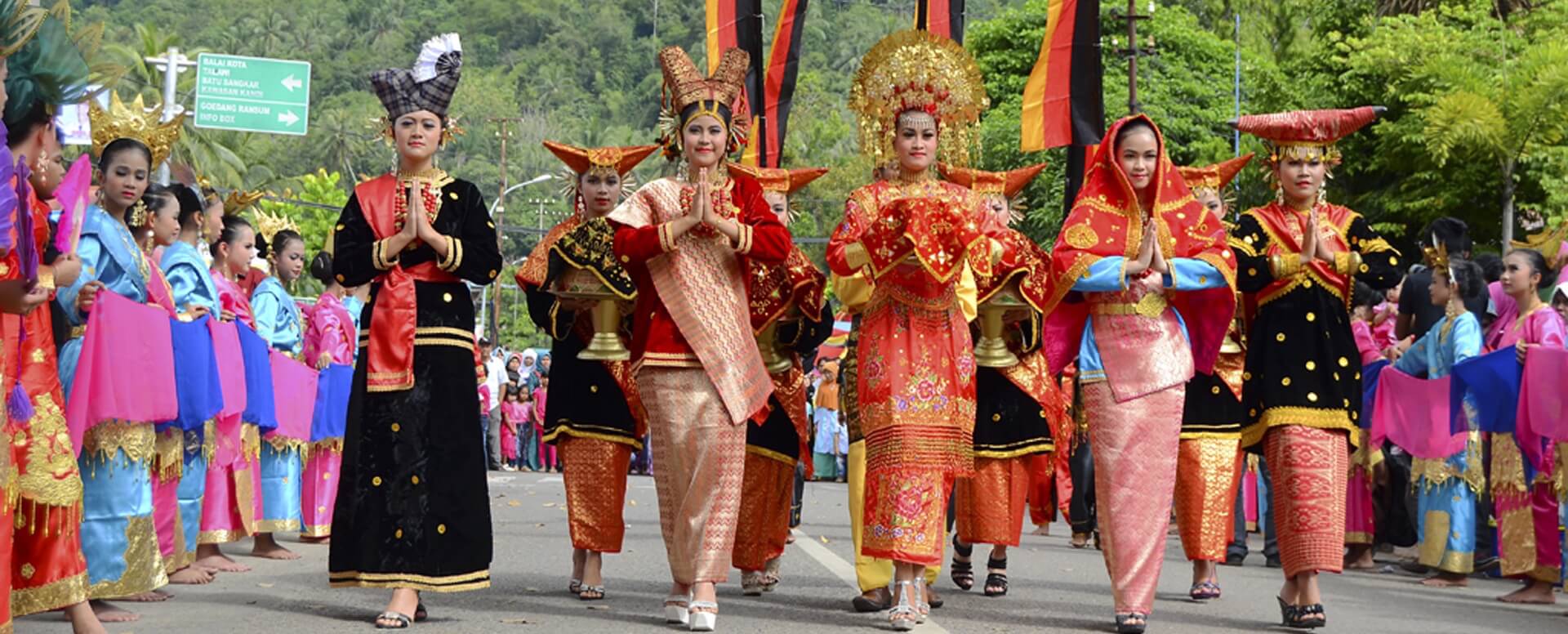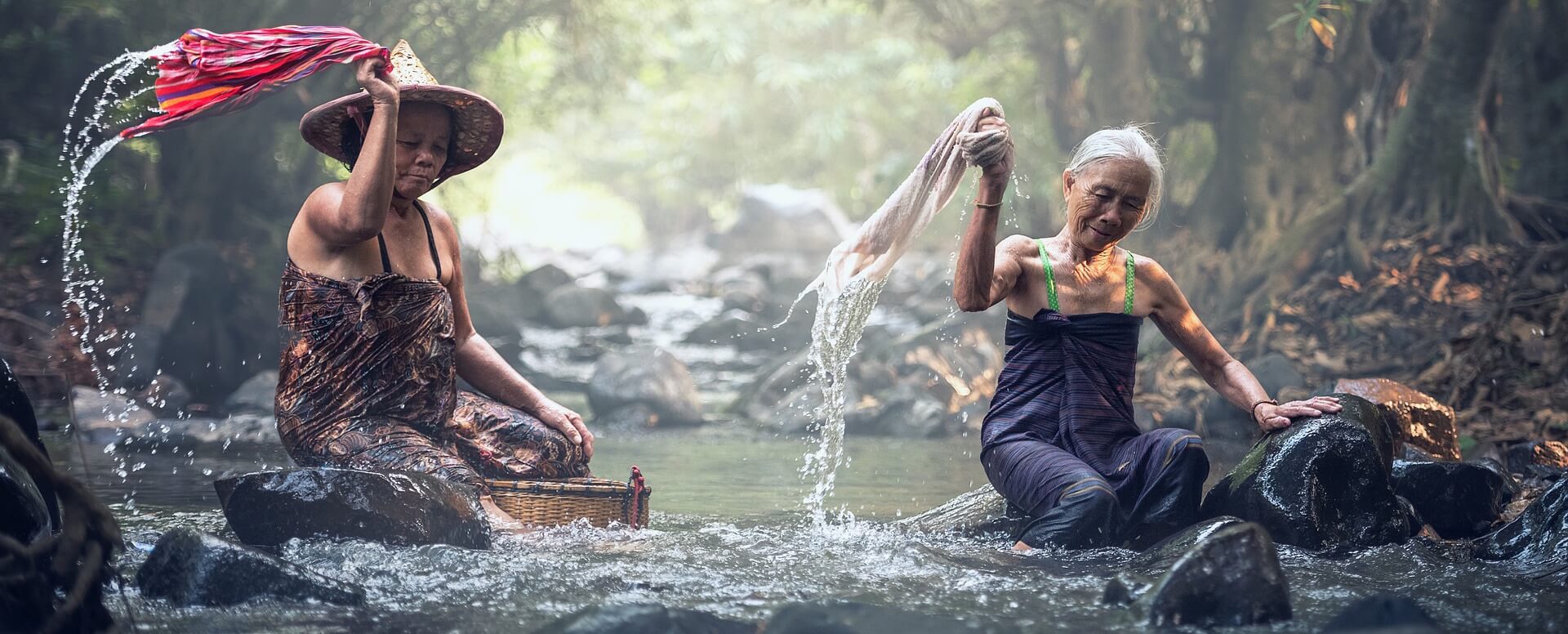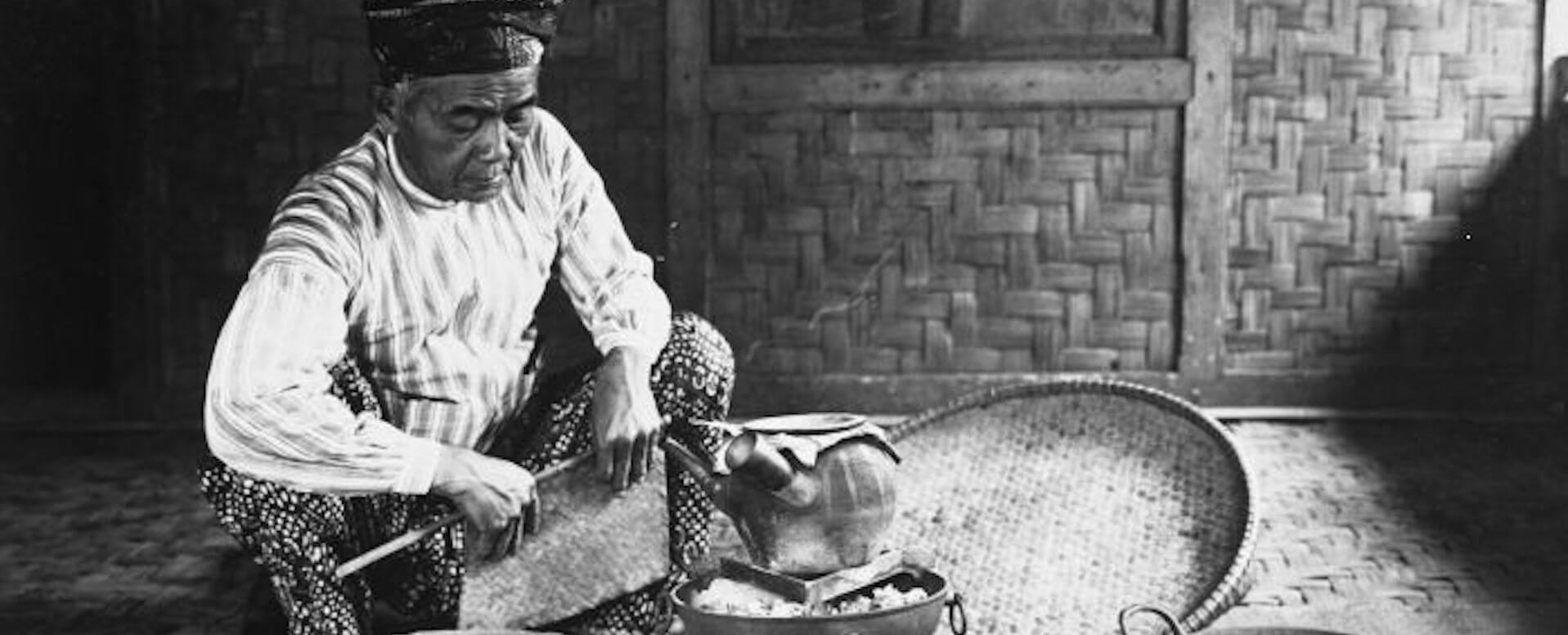The magic of the journey lies mainly in the discovery of a new culture. Wealth, it is said, results from this difference, at once astonishing and exciting, will lead to the open-mindedness of the traveller. Indonesia will certainly plunge you into a dream world with its culture and traditions.
You probably already know that Indonesia majestically ornamented Southeast Asia with its lush forests and incredibly rich nature. Your biggest surprise when staying in this fabulous country will remain the incongruous discovery of a reality completely different from that of the West.
At the turn of fascinating visits to the island of Bali, you will be dazzled by the practice of Hinduism. The religion, incessantly present in the daily life of the Balinese, will be like a spectacle of colours. You will always see elegant men and women making a procession through the streets of the island.
The women will carry on their heads, fruits, cakes and colourful flowers as an offering. In the evening, head to Ubud Palace, in the centre of Bali, to witness the traditional fairy legong dance. Do not forget your camera to keep precious memories of this explosion of colours and graceful gestures.
By staying in a villa on the island of Java, it will simply be the daily organisation and habits of the people that will upset you. The values of Javanese culture will show you a completely different reality that will change your way of seeing life.
In the early morning, brighten up your day by admiring the locals greeting and exchanging the first smiles. The women will go to the kitchen and put on the table, spices, rice and vegetables. Meanwhile, the children will go to school and others will go to work. Everyone will eat in their own way without any particular time for the meal.
At the same time, the ubiquitous mutual assistance and the quasi unfailing social exchange, especially thanks to the jimpitan, will surprise you. Each family puts a few pieces in a basket that will serve to help the most destitute. You will notice the sound of the kentongan drum launched whenever the village is to meet.
Besides the special life of the Indonesians, you will find, during your stay, fascinating objects reminiscent of the culture of the country. Think of bringing back from your holiday, fabrics adorned with Javanese batik. Batik is a technique of traditional Javanese dyeing inscribed on the intangible cultural heritage of humanity. The patterns are drawn with chalk or pencil on silk or white cotton fabrics. The parts of the fabric are then covered with wax to preserve the coluor and, in order to obtain natural colours, tree bark or plant extracts are used. Then, the fabric is immersed in colouring baths, dried, soaked in boiling water to remove the wax and finally dried again. The process is repeated until the desired hue is obtained. Traditionally, artisans use bamboo pipes with a copper spout to apply the wax. These works are now on the markets of Yogyakarta or Solo. Or even more, you can go to the villages to discover this traditional know-how and rub shoulders with the locals during an initiation.
Known for their healing power, dukuns are known for their mastery of black magic and witchcraft. Indeed, they are frequently called to care for a sick person or to bless a newborn, a new house or to make a land fertile. They pass on their knowledge and know-how from generation to generation and use various means: massages, medicinal herbs, prayers, animal sacrifices, card analysis. Numerous in Indonesia and especially on the island of Java, they are found in kampung or villages. Moreover, they are also known to be able to communicate with the spirits who, according to the Javanese legends, cohabit on Earth with the Men.
In Indonesia, rice is considered a gift from God. Indeed, green rice fields have been maintained by farmers for centuries thanks to a water irrigation system that allows water sharing between different rice fields. In addition, subak leaders, pekaseh, are selected based on their knowledge of the Balinese calendar and rice growing. They coordinate the work of the peasants through the management of water flow and according to the ancestral rites. Thus, they follow a cycle of ceremonies around culture according to the vision of Tri Hita Karana which aims for a harmonious relationship between humans, nature and spirits. As a result, each subak has its own temple and honours the deities.


